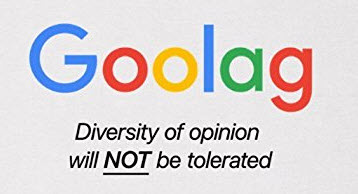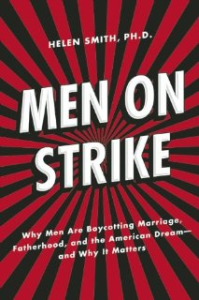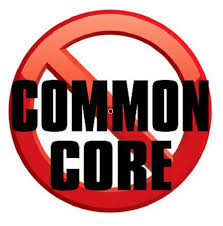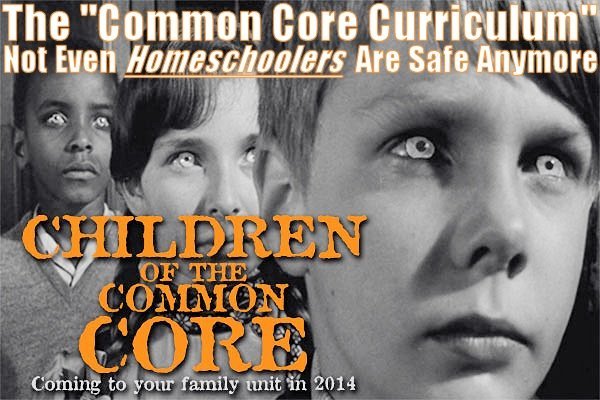Great moments in media math « The Greenroom.
You cannot make this stuff up (sorry you’ll have to read it yourself). This example reminds me of some long ago Olympics where (supposedly) the Russians reported that their participant finished 2nd and the US finished next to last. The catch? There were only two particpants.
Admittedly the above example is most likely fiction as I doubt there was an Olympic competiton, or any athletic competition where there are only two participants in the standings. Yet the “Great moments in media math” is a real life example of msm, liberal, progressive medica propaganda.
It would be funny if it wasn’t so pathetic.










I read the original NYT piece. First of all, its criteria is antithetical to our republican form of government. This quote says a lot:
“How can it be legal to have so much poverty in such a wealthy state?”
How can it be legal? That’s not even asking the right question. You can’t legislate poverty away.
I agree with you that the logic doesn’t make much sense. It reads like mush, because all it uses is anecdotes.
I guess the somewhat poor writing threw people off, because the “and yet” part seems to refer to a factoid that comes after the paragraph on NC.
It goes on to illustrate that the poverty of the state doesn’t necessarily create corresponding poverty for its children. It talks about W. VA being the 4th poorest state (the 47th richest), but its ranking for child poverty is 13th, just behind NC (meaning its children are a bit less poor), even though NC is richer overall. I guess that explains their “shell shock,” such a “wide disparity” of wealth (39th vs 47th) between NC and W. VA. It doesn’t point to evidence worth talking about on why this is, but uses tax rates (to supposedly increase revenue) as an indicator of how “fiscally responsible” they are, and how this supposedly correlates to the welfare of children. They don’t illustrate any connection. They might as well say that the children of a state are better off because it has more trees.